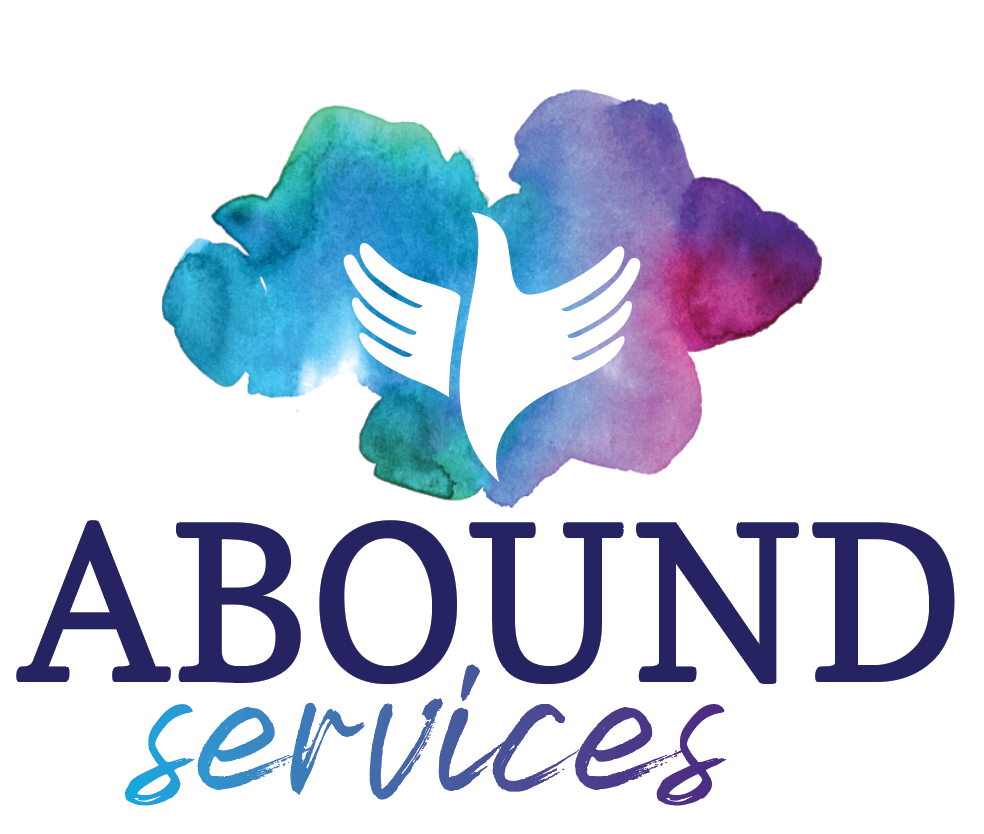A Glossary of Definitions
Here are a list of words you might hear when discussing Self-Determination with others. These definitions are adapted from a combination of websites, including the Department of Developmental Services', State Council on Developmental Disabilities', Regional Center Centers' and WikipediaDepartment of Developmental Services (DDS):
“The California Department of Developmental Services is the agency through which the State of California provides services and supports to individuals with developmental disabilities.These disabilities include intellectual disability, cerebral palsy, epilepsy, autism and related conditions. Services are provided through state-operated developmental centers and community facilities, and contracts with 21 nonprofit regional centers. The regional centers serve as a local resource to help find and access the services and supports available to individuals with developmental disabilities and their families.” – From the DDS website
Regional Center (RC):
21 nonprofit private corporations that contract with the DDS to provide or coordinate services and supports for individuals with developmental disabilities. They have offices throughout California to provide a local resource to help find and access the many services available to individuals and their families.
Lanterman Act:
The Lanterman Act declares that persons with developmental disabilities have the same legal rights and responsibilities guaranteed to all other persons by federal and state constitutions and laws, and charges the regional center with advocacy for, and protection of, these rights. (Wikipedia)
Vendorization:
The process by which a service provider becomes authorized to provide services to RC clients.
Indiviualized Program Plan (IPP):
An action plan that talks about the assistance needed for the RC client to live the way they want to. It identifies goals, services, and supports so the client can be more independent and participate in the community.
Person Centered Plan (PCP):
More comprehensive than an IPP, a PCP is a required component in the SD process. It is an open-ended process, culminating in a document that informs the IPP when going through the SD process.
State Council on Developmental Disabilities (SCDD):
The State Council on Developmental Disabilities (SCDD) is established by state and federal law as an independent state agency to ensure that people with developmental disabilities and their families receive the services and supports they need.
Self Determination (SD):
An alternative to traditional RC services through vendors, empowering RC clients to manage their own budgets, hire/fire their own staff, and find their own unique supports to meet their vision of their preferred future.
Independent Facilitator (IF):
An individual trained with the SCDD to work alongside clients and families performing various aspects of the SD process, including PCP, IPP meetings, advocacy (Special-Ed, Medi-Cal, IHSS, etc.), services finding, and management.
Financial Management Service (FMS):
A required component of an SD client. This is the only vendored service a client has to have. The FMS is responsible for paying client service bills, and can serve as the client’s service provider’s employer of record.
Medi-Cal:
California’s public health insurance program serving low-income individuals, including families, seniors, persons with disabilities, children in foster care, pregnant women, and childless adults with incomes below 138% of federal poverty level. Approximately 13.3 million people were enrolled in Medi-Cal as of January 2018.
In-Home Supportive Services (IHSS):
IHSS gives services to help you stay at home if you cannot take care of yourself because of your disability. The county decides how many hours you get for the services.
